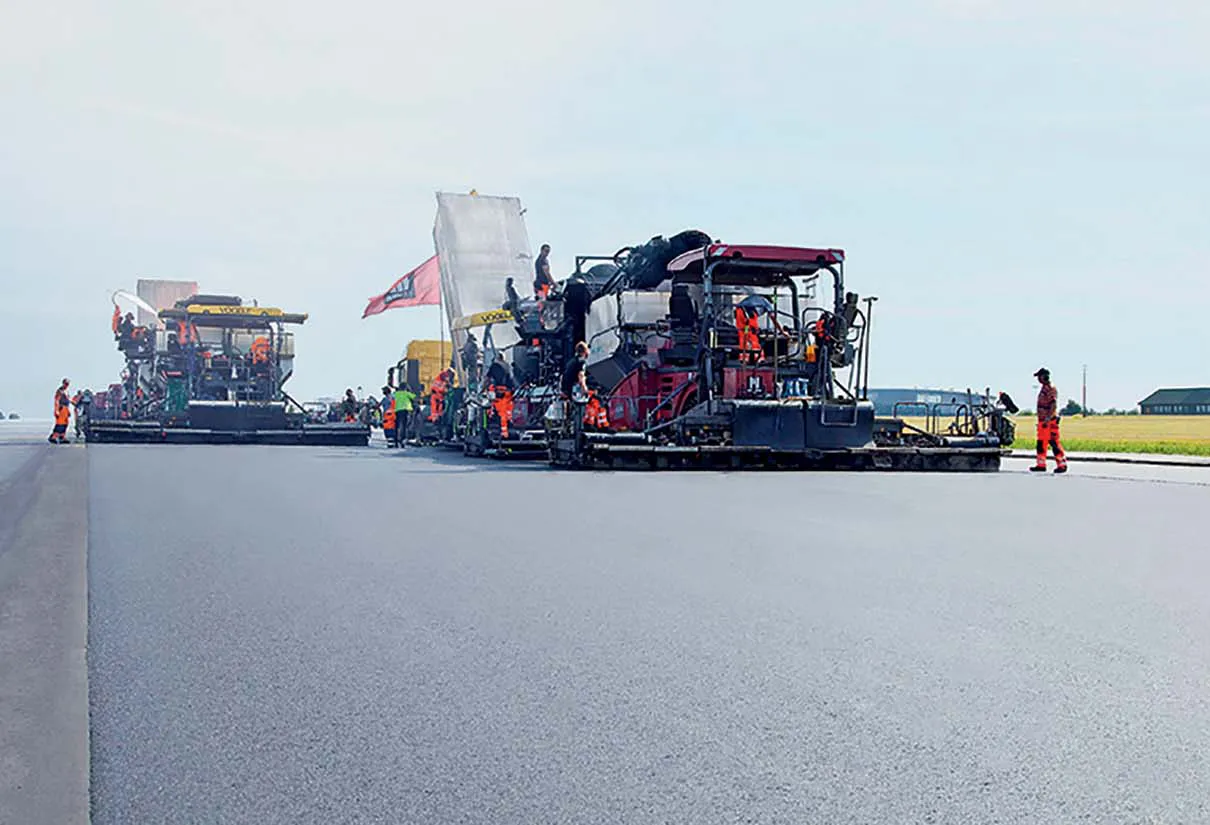Plans are now being set out for a ring road project for German capital Berlin.
March 5, 2012
Read time: 1 min
Plans are now being set out for a ring road project for German capital Berlin. Although the extension to the ring road will be just 3.2km long, it is expected to cost in the order of €420 million to construct, making it Germany's most expensive road project. The reason the multi-lane highway project will cost so much is that it will require a 385m long tunnel, as well as the compulsory purchase of land and numerous environmental measures given the proximity of the site to urban areas. The project is attracting some controversy though and a final decision on the work will not be made until after elections planned for September of this year. Litigants wishing to take action against the project have until February 28th 2011 to register their claims.








